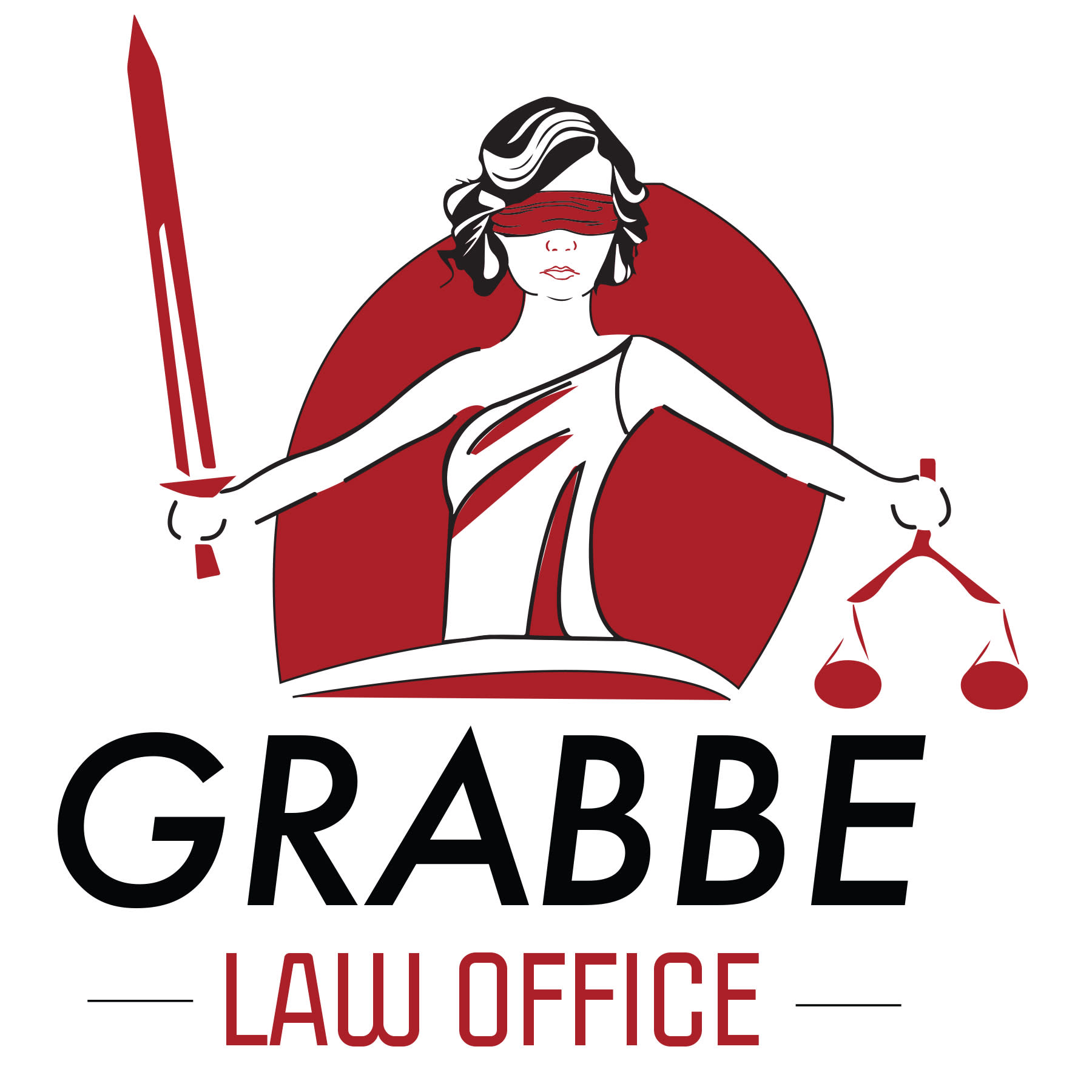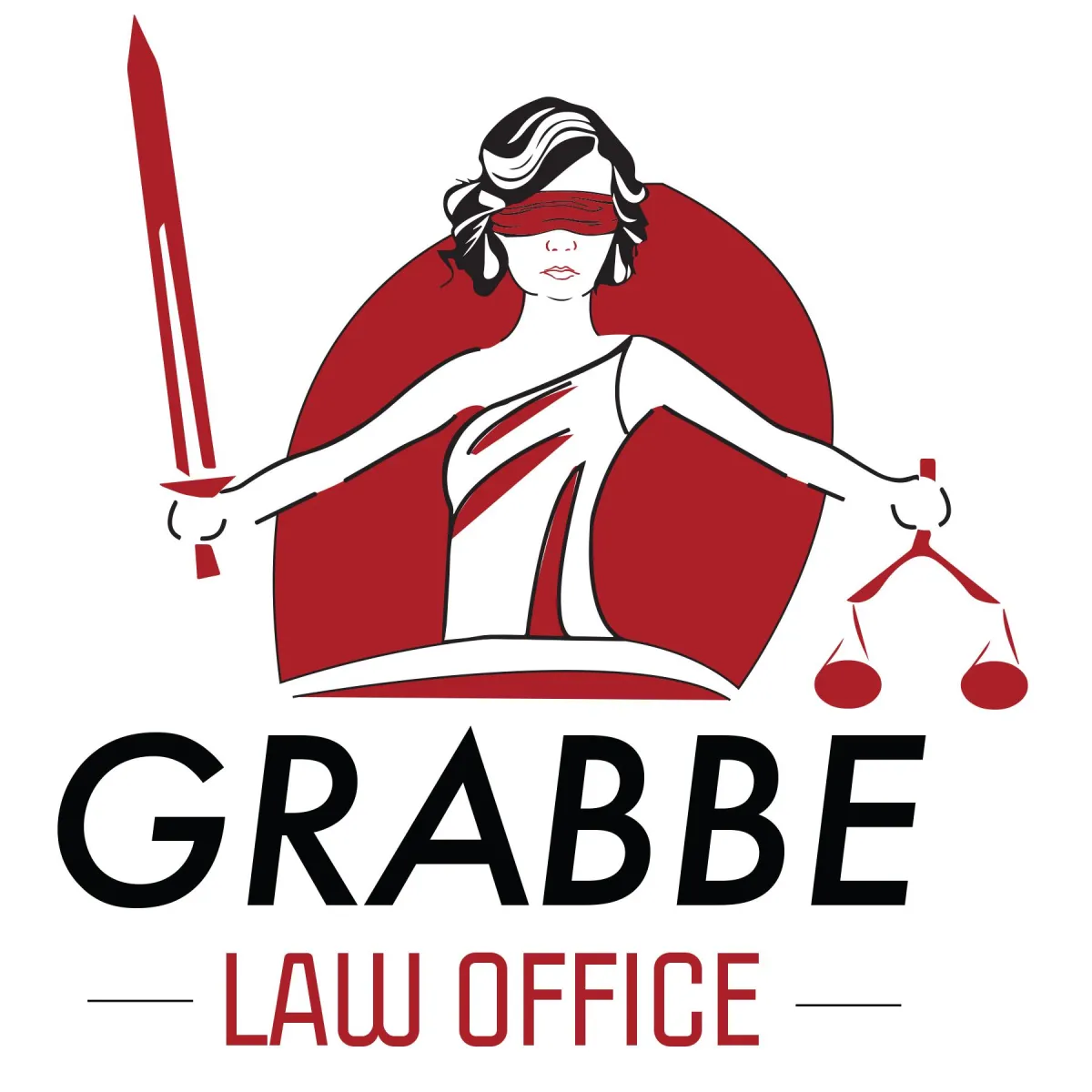Welcome to the Blog!

Challenges of Selling Intellectual Property Rights
Challenges Of Selling Intellectual Property Rights
When many people think about intellectual property (IP), they first think about protecting it. They want to ensure that no one else can steal their intellectual property, or use it without permission. However, if someone owns intellectual property, they also have the right to sell it or give it away at will. Transferring or selling intellectual property rights can be challenging because certain legal requirements must be met. Grabbe Law Office may be a good resource to help with transferring intellectual property rights. For more information, call 785-621-4711 or visit our website to schedule a free 15-minute consultation.
Can Intellectual Property Be Sold?
Intellectual property rights are similar to personal or real property rights. If someone has rights to the property, those rights can be sold to another person or entity. Also like real property or personal property, intellectual property can be rented, leased, or even parsed out for sale as well.
Selling intellectual property can be more complex compared to the average property sale, however. For example, according to an article published by the American Bar Association, some companies may not be allowed to sell their IP if they are involved in certain government projects. Each type of IP also requires that certain steps be taken to finalize the sale. Many of these requirements are completely unknown to businesses and individuals who try to treat their IP sales as if they are normal personal property transactions—and that can lead to legal problems.
Challenge #1: Deciding to Sell or License Intellectual Property Rights
Selling intellectual property rights means that the owner of the right will no longer have any rights to that IP. The rights are transferred in their entirety; the new owner takes whatever rights to the IP that the old owner had, and the old owner no longer has any rights. This concept can be daunting because it forecloses the old owner’s potential for additional growth and value for their IP.
For instance, if an idea has not gotten off the ground but has huge potential for growth in the future, the value right now might not be much, but the future value could be substantial. In those circumstances, the IP owner might want to license the IP instead of outright selling all of their rights. When someone licenses IP to another person or entity, the initial owner or creator allows the licensee to use the IP, but does not relinquish all of their own rights to the intellectual property. The person who licenses or “rents” the IP pays a periodic fee for its continued use.
Challenge #2: Appropriate Valuation of Intellectual Property Rights For Sale
Sometimes determining the value of specific intellectual property rights may pose difficulties simply because each piece is unique and cannot be replicated. Intellectual property is an intangible asset that by definition is one of a kind, so marketing, pricing, and the ultimate sale of rights to IP can be difficult. In fact, many people avoid selling intellectual property rights simply because there is so much guesswork involved in valuing it for sale. Valuing IP often involves one or more of the following methods.
· Market-Based Analysis: Most sales for any other type of property are based on the market. If someone wants to know what the value of oranges is in their area, they go find orange vendors and price them out. The same kind of evaluation can be done with IP, but there are some nuances. If someone is selling a logo, for example, it can be very difficult to determine the value of one logo compared to every other unique logo available for sale.
· Cost-Based Estimates: In some cases, IP is valued based on the cost of producing and protecting it. These costs might include things like creating drawings, designing prototypes, and registering the IP. Supply costs or the cost to replace the IP might also be considered. However, judging worth on costs alone can end up significantly undervaluing the IP.
· Past and Future Economic Estimates: If the IP is already in use, buyers and sellers can sometimes value the IP based on the value it has provided in the past. This type of valuation is often done if a business is selling the company as a whole, along with its intellectual property rights. If there is past history, predicting what the future performance may be becomes a bit easier. Again, however, this valuation method is not set in stone, and it leaves significant room for flexibility in value.
Valuing IP can be extremely difficult, and those who created the intellectual property sometimes overvalue it because of the time and effort they have spent developing it. Grabbe Law Office may be able to help with IP valuation if you are considering selling your intangible property.
Challenge #3: Meeting Legal Requirements for IP Sales
To properly sell intellectual property rights, buyers and sellers must meet specific requirements. Those requirements vary based on the type of IP that is being transferred.
Copyrights
Generally, copyrights can be bought and sold fairly easily. The transfer must be in writing. Having a Copyright Assignment Agreement can be extremely helpful in this type of transaction because it will describe the terms of the agreement and show proof of transfer. The United States Copyright Office provides helpful FAQ information about copyright transfers.
Trademarks
Any trademark sold must be actively used in commerce to be sold freely. That is, individuals and companies cannot sell “intent to use” trademark applications in most situations. This restriction helps avoid trademark hoarding. In most cases, a registered trademark transfer will require that someone notify the United States Patent and Trademark Office (USPTO) of the transfer or change in ownership.
Patents
As with transfer of copyright, any sale of a patent must be in writing. The USPTO delineates certain requirements such documentation must meet in order to be valid and legally recognized. In some cases, the transfer of patent documents may also need to be filed with the USPTO.
Generally, a patent by itself is not profitable. However, the patented invention can have a lot of potential, so determining the sale value for a patent can be extremely difficult. As a result, some patent owners choose to license their patent instead of selling it altogether.
Get Help With Selling Intellectual Property Rights
If you are considering buying or selling trademark intellectual property rights, you may want to retain the services of a knowledgeable IP attorney. Contact Grabbe Law Office for more information by calling (785) 621-4711 or schedule a free consultation through our website.








